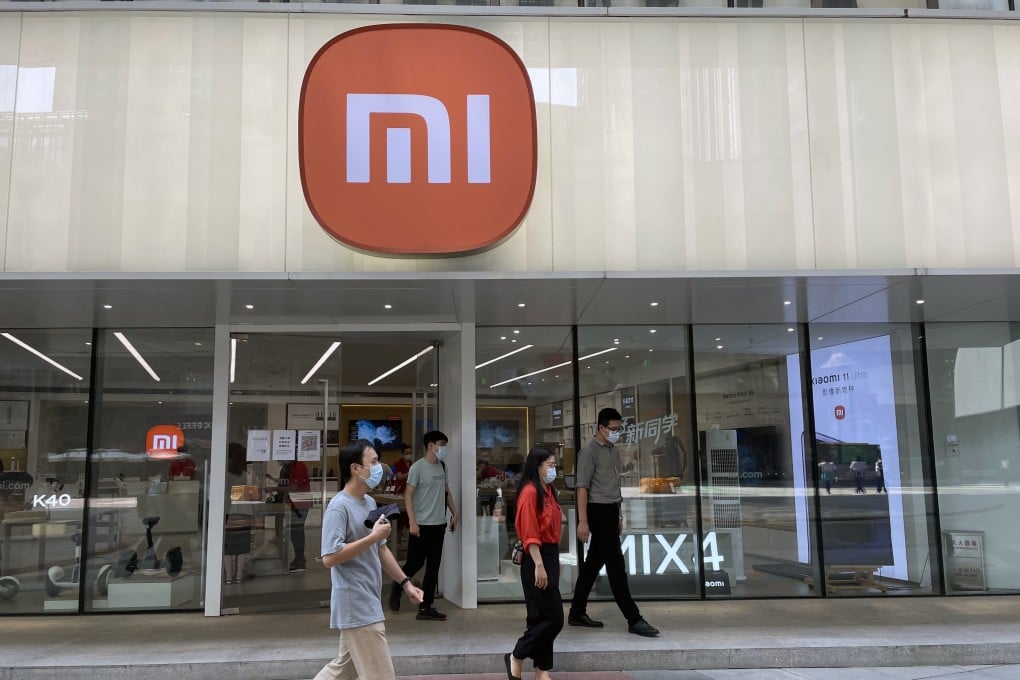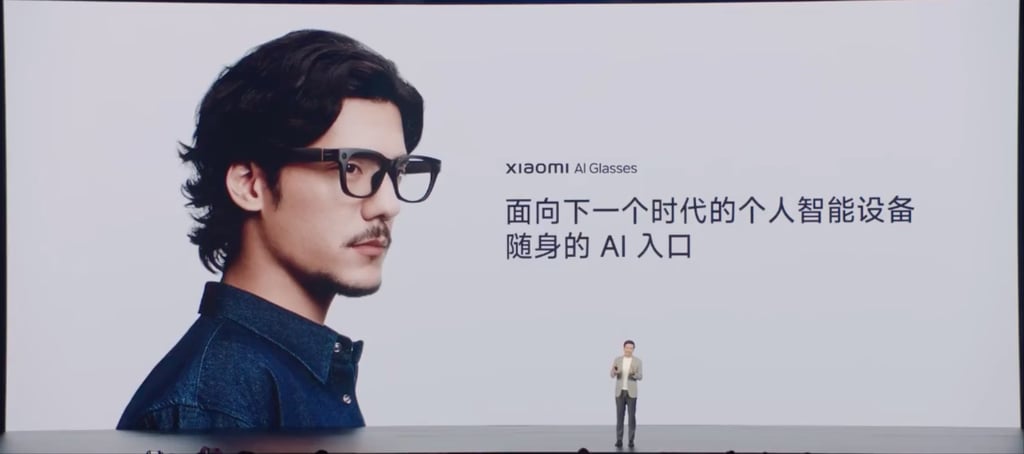Xiaomi’s first AI-powered eyewear brings smartphone firm into ‘war of hundreds of glasses’
The tech giant announced its camera-equipped frames during an event on Thursday, leveraging its vast ecosystem in a crowded market

Xiaomi officially launched the frames on Thursday evening at an event titled “Human x Car x Home”, during which it unveiled the price of the glasses in addition to other products, including its latest foldable smartphone and its first SUV.
Xiaomi’s AI glasses, with a 1,999 yuan (US$278.54) starting price, feature a 12 megapixel ultra-wide camera and Qualcomm’s AR1 chip. The battery lasts 8.6 hours on a single charge – twice that of the Ray-Ban Meta glasses – and takes 45 minutes to fully recharge, the company said at the launch event on Thursday night.

Powered by the company’s XiaoAI AI assistant, users of the Xiaomi frame can use voice commands to ask the glasses to take photos, record clips, recognise objects, or translate text while reading a book. It can also be used to scan mobile payment QR codes for making payments.
Meta’s smart glasses are currently the most popular of their kind, accounting for more than 60 per cent of the global AI glasses market last year, according to market consultancy Counterpoint.